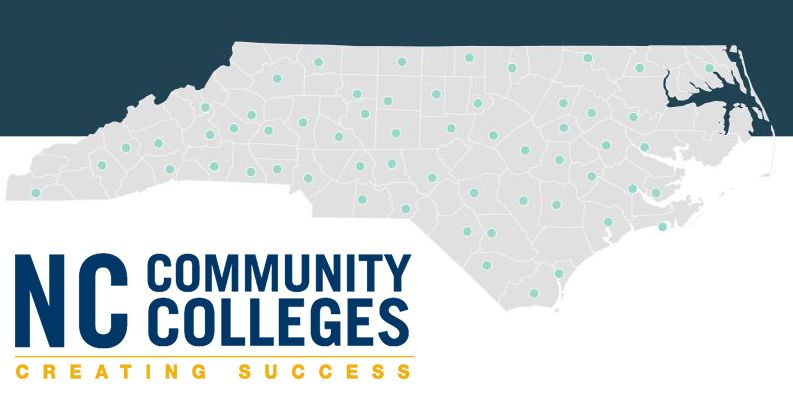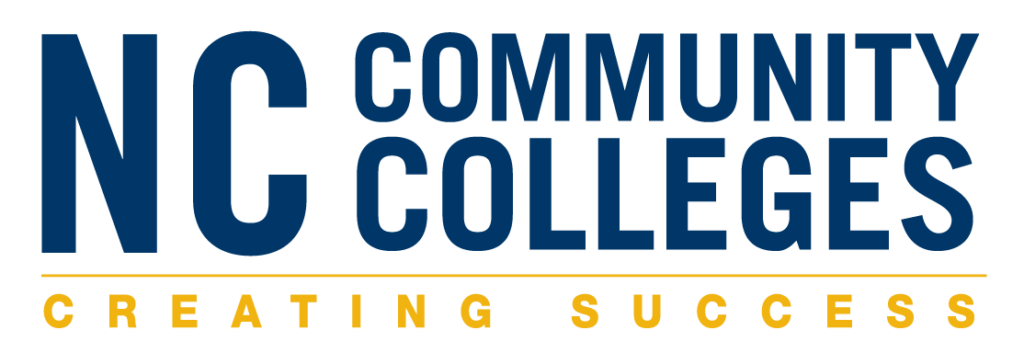By: Clayton Henkel – NC Policy Watch
While North Carolina’s economy has fully returned to pre-pandemic employment levels, concerns remain over resignations and unfilled job openings.
“Our significant success increasing jobs during the pandemic shows North Carolinians are resilient,” Gov. Roy Cooper said last month. “We need to focus on training workers and educating children to continue to grow our workforce.”
Many state leaders believe one key to improving the labor force participation rate (currently ranked 38th nationally) may be found in North Carolina’s community colleges.
A new, in-depth economic impact analysis finds that combined the college campuses have a $19 billion annual impact on the state’s economy and support one out of every 19 jobs across the state.
The NC Community College System currently serves over half a million students each year, and that number is expected to grow.
“Our community colleges are among the state’s most critical assets to leverage and accelerate the education and upskilling of our homegrown talent,” MC Belk Pilon, president of the John M. Belk Endowment, said in a release.
In this week’s Monday numbers column we take a closer look at the findings of the new analysis compiled by the labor analytics firm Emsi/Burning Glass and the outlook for some career fields.
58 – Number of community college campuses across North Carolina
$19.3 billion – Amount the NC Community College System contributes to the state’s economy each year
3.4% – Percentage of North Carolina’s total gross state product to which the $19.3 billion impact equates
36,422 – Number of full-time and part-time faculty and staff employed by NC community colleges
320,000 – Number of jobs NC community colleges support throughout our communities
$435 million – Amount NC community college students paid in FY 2019-20 to cover the cost of tuition, fees, supplies and interest on student loans
$4.50 – For every dollar students invest in their education, they are projected to see a return of $4.50 in higher future earnings.
$1.90 – For every $1 North Carolina invests in the Community College System, taxpayers receive $1.90 back in added tax revenues and public sector savings.
$17.1 billion – Total amount in added income for the state’s economy generated by the alumni of North Carolina Community Colleges in FY 2019-20.
14,342 – Number of students in FY 2019-20 who enrolled in the health professions program area. Students who complete these programs are expected to become future registered nurses; medical assistants; and licensed practical and licensed vocational nurses.
32,856 – Average number of annual job openings in these types of occupations
8,414 – Number of students in FY 2019-20 who enrolled in the advanced manufacturing and engineering technologies program area – those graduating from this program will become future welders, cutters, solderers and electrical & electronic engineering technicians.
15,863 – Average number of annual job openings in manufacturing and engineering fields in North Carolina
2,854 – Number of students in FY 2019-20 who enrolled in the construction trades program area
14,314 – Average number of annual job openings in these types of occupations in North Carolina
$24,000 – Average annual salary for an individual with a high school diploma
$30,900 – Average salary for an associate degree graduate from an NC community colleges
$1 billion – Annual economic impact on the local economy of Wake Tech, supporting 13,941 jobs or one out of every 56 jobs in Wake County
$9,880 – Amount more per year Wake Tech graduates, on average, will earn than Wake County residents who only have a high school diploma
$305.9 million – Annual impact on the local economy of Durham Tech, supporting 4,080 jobs in the region
$10,000 – Amount more per year Durham Tech graduates, on average, will earn compared with to someone with a high school diploma or equivalent working in North Carolina
$542.9 million – Annual economic impact of Guilford Technical Community College supporting 8,662 jobs or one out of every 44 jobs in Guilford County
$464.3 million – Annual economic impact of Fayetteville Technical Community College supporting 7,479 jobs or one out of every 27 jobs in Cumberland County
3 – Rank of North Carolina’s Community College System in the nation, by size
You can find more information on program specific studies and individual college campuses at BigROIforNC.org.








